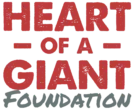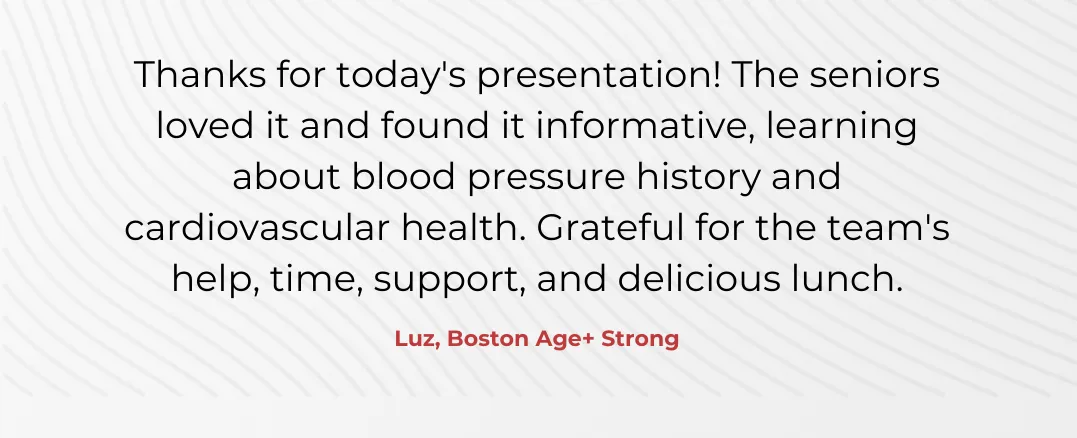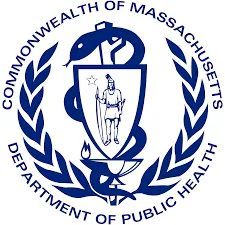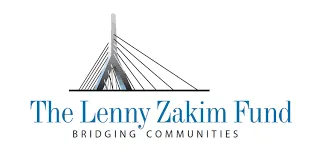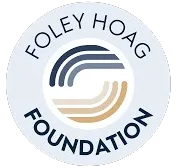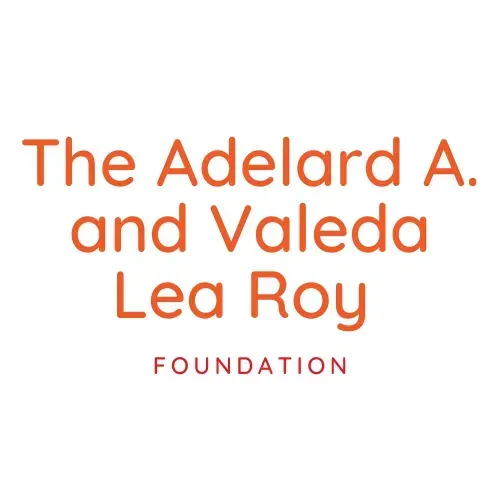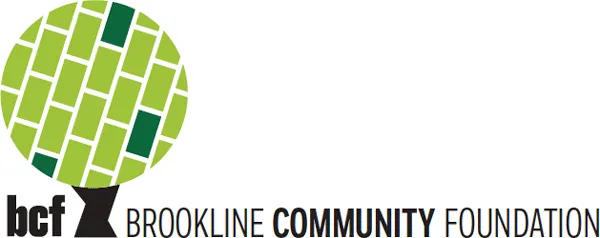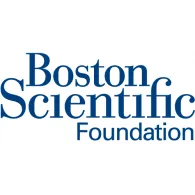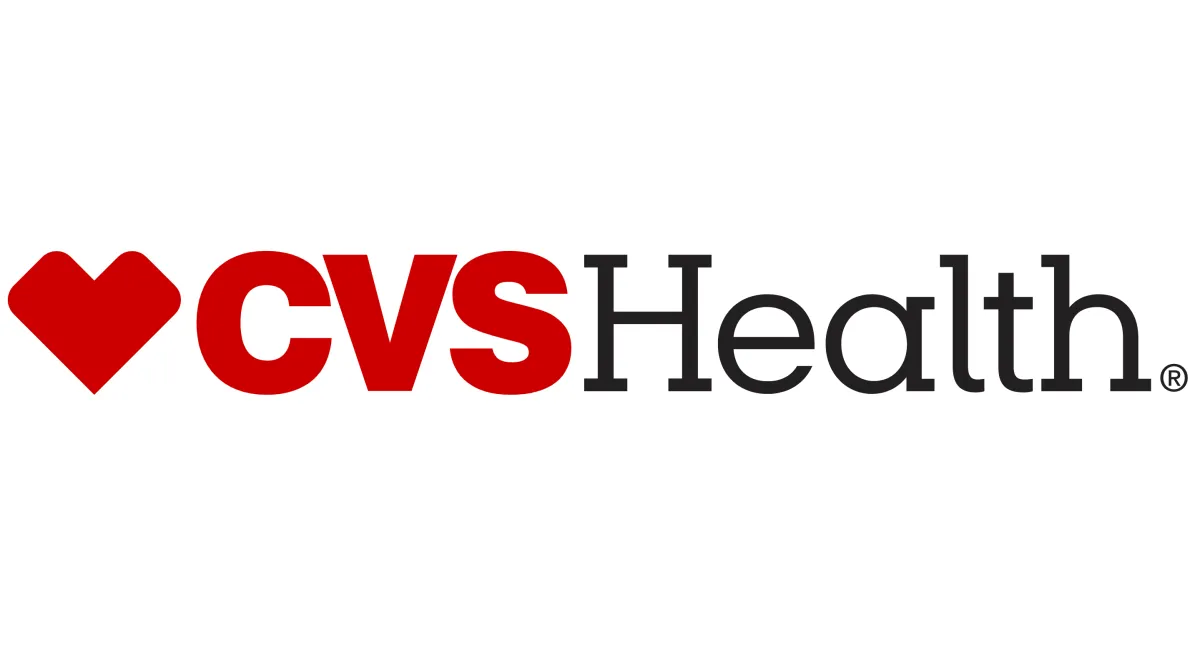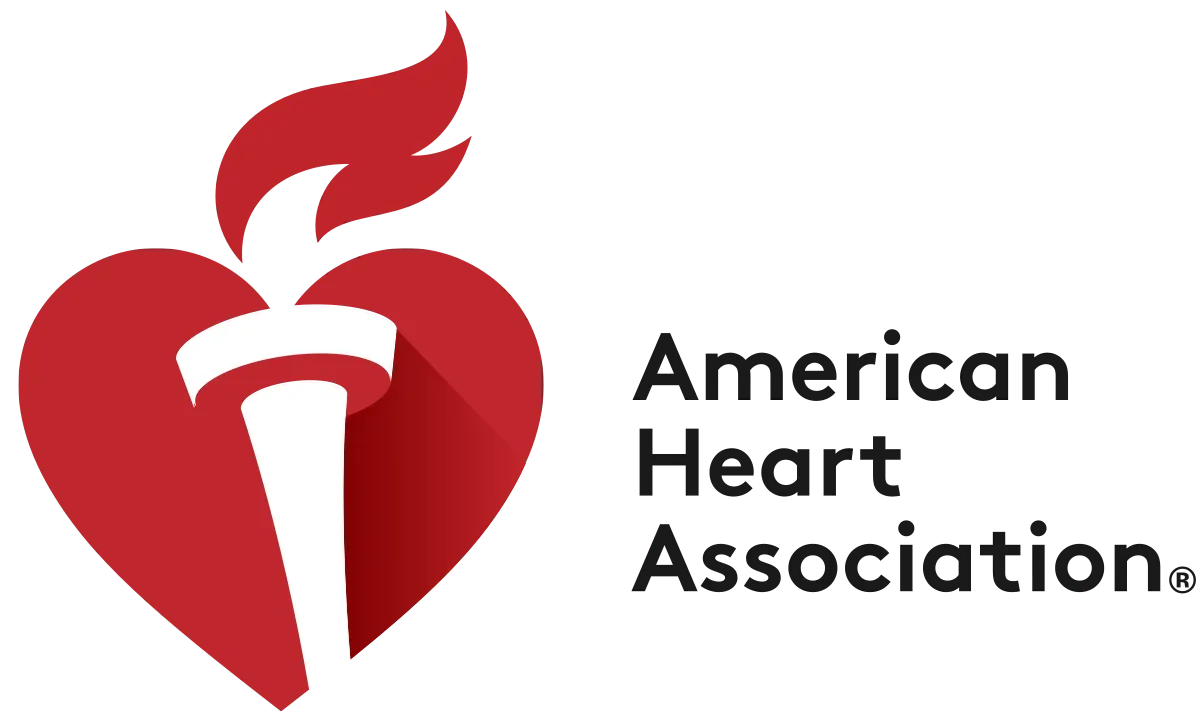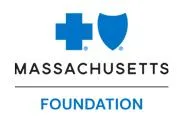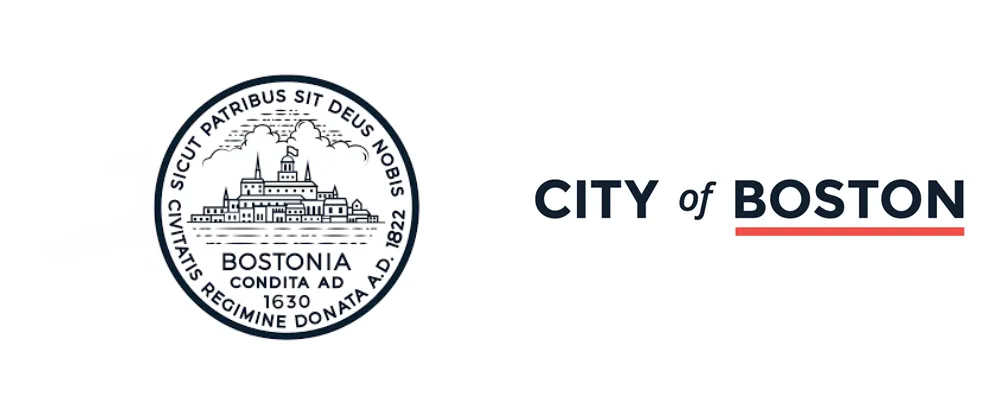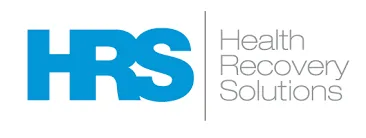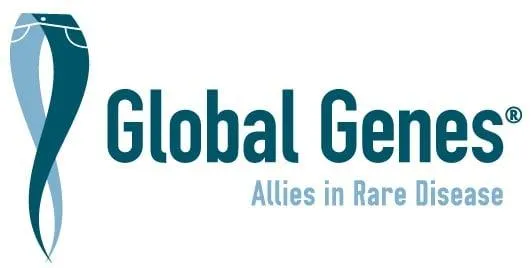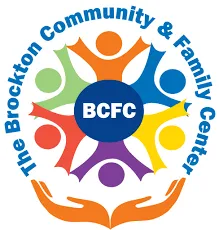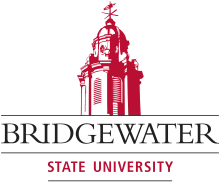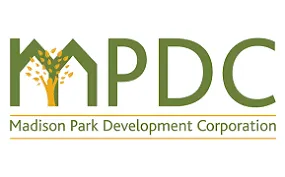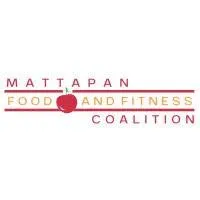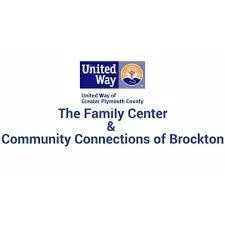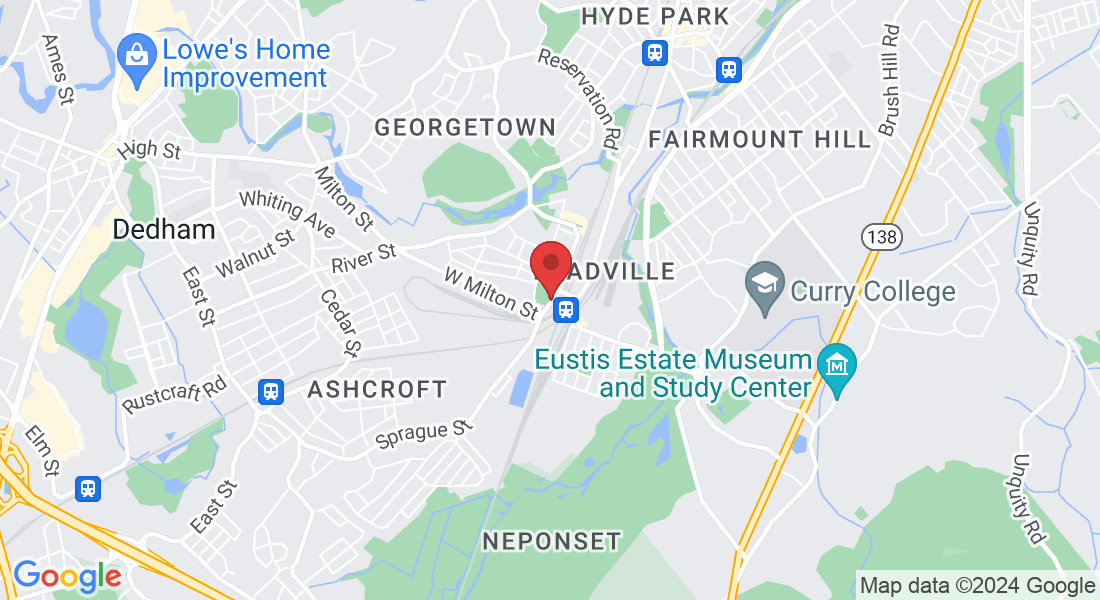About Us
Heart of a Giant Foundation
HGF
About Heart of a Giant Foundation
At Heart of a Giant Foundation, we are committed to reducing the impact of heart disease worldwide. We strive to become the leading partner in detecting, diagnosing, and managing cardiac risk factors. Our multi-level intervention programs empower individuals to take control of their health. Join us now to impact communities affected by heart disease significantly.
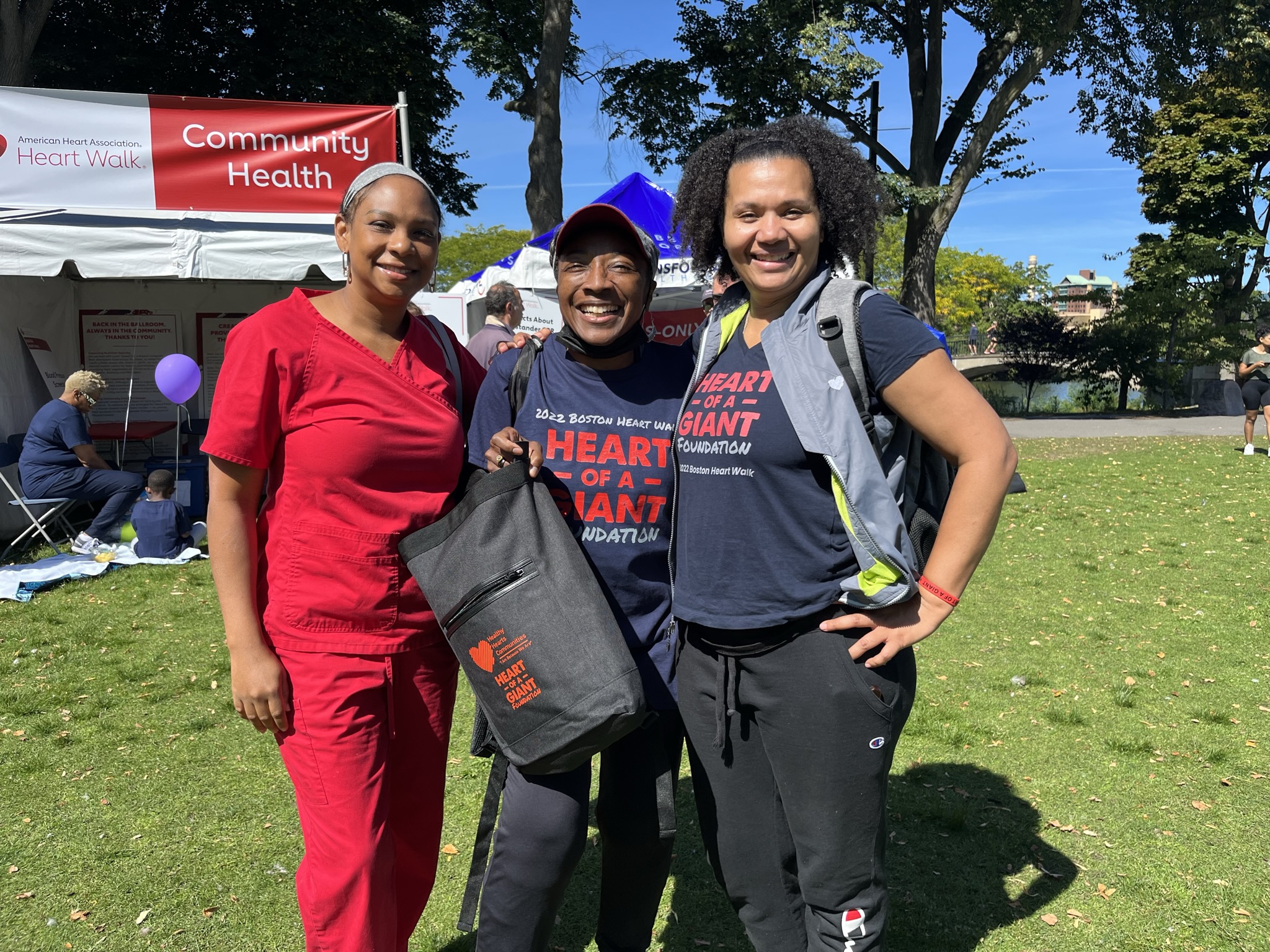
Our Vision and Mission
Our vision is clear: to ensure that every individual in the community has access to effective heart health education, superior healthcare assistance, and community resources, enhancing their overall health, quality of life, and the management of their heart conditions and related risk factors. We strive to achieve this vision by:
Our mission is to proactively identify heart-related risk factors in at-risk population groups, provide them with the support and knowledge they need to become self-reliant, and advocate for managing and living with their health conditions.
Raising awareness about risk factors and symptoms of cardiac conditions;
Promoting regular health check-ups, screening, and early diagnosis;
Providing culturally intelligent and responsive services;
Improving patient-provider relationships;
Enabling access to improved care and better health outcomes;
Empowering patients and caregivers, and
Promoting advocacy and self-advocacy.

Some Tough Truths About Heart Disease
Heart disease remains the No. 1 cause of death both in the US and the World, with staggering statistics highlighting the urgency of our mission:
18 million+ lives are lost to heart disease globally each year.
655,000+ deaths occur in the US annually due to heart disease.
495,000+ individuals suffer from high blood pressure-related casualties every year.
Despite these alarming figures, only about 49% of Americans are aware of their heart health status, underscoring the critical need for increased education and awareness.
High blood pressure, also known as hypertension, is a common heart condition that has been identified by the US Centers for Disease Control and Prevention (CDC) as a leading risk factor for heart disease, stroke, kidney disease, and vascular dementia.
According to a recent study conducted by the Boston Public Health Commission, one out of every four adult residents in Boston reported having hypertension. The study also found that the percentage of hypertension was higher for Black (36%) and Latino (27%) adults compared to White adults (20%). Neighborhoods with predominantly Black people, such as Mattapan, Dorchester, or Roxbury, had hypertension rates ranging from 34% to 42%.

More About Us
Eager to learn more about our efforts and impact? Visit our News and Insights Page. It's a space where we share blogs, insights, stories, and project updates. Our blog isn't just about posting articles; it's a platform for engagement. We love interacting with our readers in the comments section, fostering a community of like-minded individuals passionate about advancing the world of heart health.
Join us at Heart of a Giant Foundation as we work with our communities, supporters and partners to turn the tide against heart disease, one heart at a time.
News and Insights
Disclaimer:
The information shared on this page is not intended to replace professional medical advice. Always consult with a healthcare provider for any medical issues.

MANAGING MY STRESS AS PART OF A BLOOD PRESSURE CONTROL STRATEGY
by Lewis C Howe
In the two months since I received a wake-up call about my high blood pressure, I have made a concerted effort to lose weight, eat less salt, and consume smaller portions of my healthier food options. On the advice and prodding of my doctor, I’ve even signed up for a home sleep study, in order to rule out sleep apnea as a contributing cause of my hypertension.
But one area in which I still struggle is the daily fight against a high stress lifestyle, and its detrimental effects on my health.
In addition to working for the Heart of a Giant Foundation I also maintain a full time job as a peer service navigator for persons in recovery. All this while trying to assist my 3 sons – 2 of whom are in college – with their needs, financial and otherwise.
So stress management is a key component of my overall healthy living strategy. For example, what do you do when your son’s travel soccer team sends you a bill for $800, due within a week, and you don’t get paid for ten days? Or what if your elderly father’s cancer has a recurrence the same day that two of your work clients are arrested and sent back to the county House of Correction?
Without the proper mindset and commitment to mental self-care, moments like these can send one running for the nearest donut shop or takeout stand. Stress management remains my biggest hurdle to controlling my blood pressure, and by extension my overall heart health.
Among the ways I try to reduce stress without turning to damaging habits are
Meditation
Reading religious texts
Asking my minister or other trusted source for counsel and advice
Calling someone I care about, either one of my kids or a close friend
Going on a drive by the ocean to clear my head
In modern life, stress is always with us, especially if we have money issues, or have endured the death of a parent or been divorced. If we are to manage stress, and reduce harm to our heart brought on by these pressures, it is critical to find what activities can keep you calm, and to carve out regular time on your calendar, just as you would for a staff meeting or time with your clients.
This is not easy, but living a healthy life gets more difficult if we let our stress manage us, instead of the other way around. I’d love to hear how you handle your stressful life as a means of keeping your blood pressure down. Please pass along your ideas!
About the author:
Lewis Howe is the Community Partnerships Co-Ordinator for the Heart of a Giant Foundation. He welcomes your ideas, suggestions and expressions of support to help him in his fight against high blood pressure. You can reach him at [email protected].
Testimonials
The Heart of a Giant Foundation, Inc. is a 501(c)(3) nonprofit organization, EIN 84-2900386. Donations are tax-deductible.
